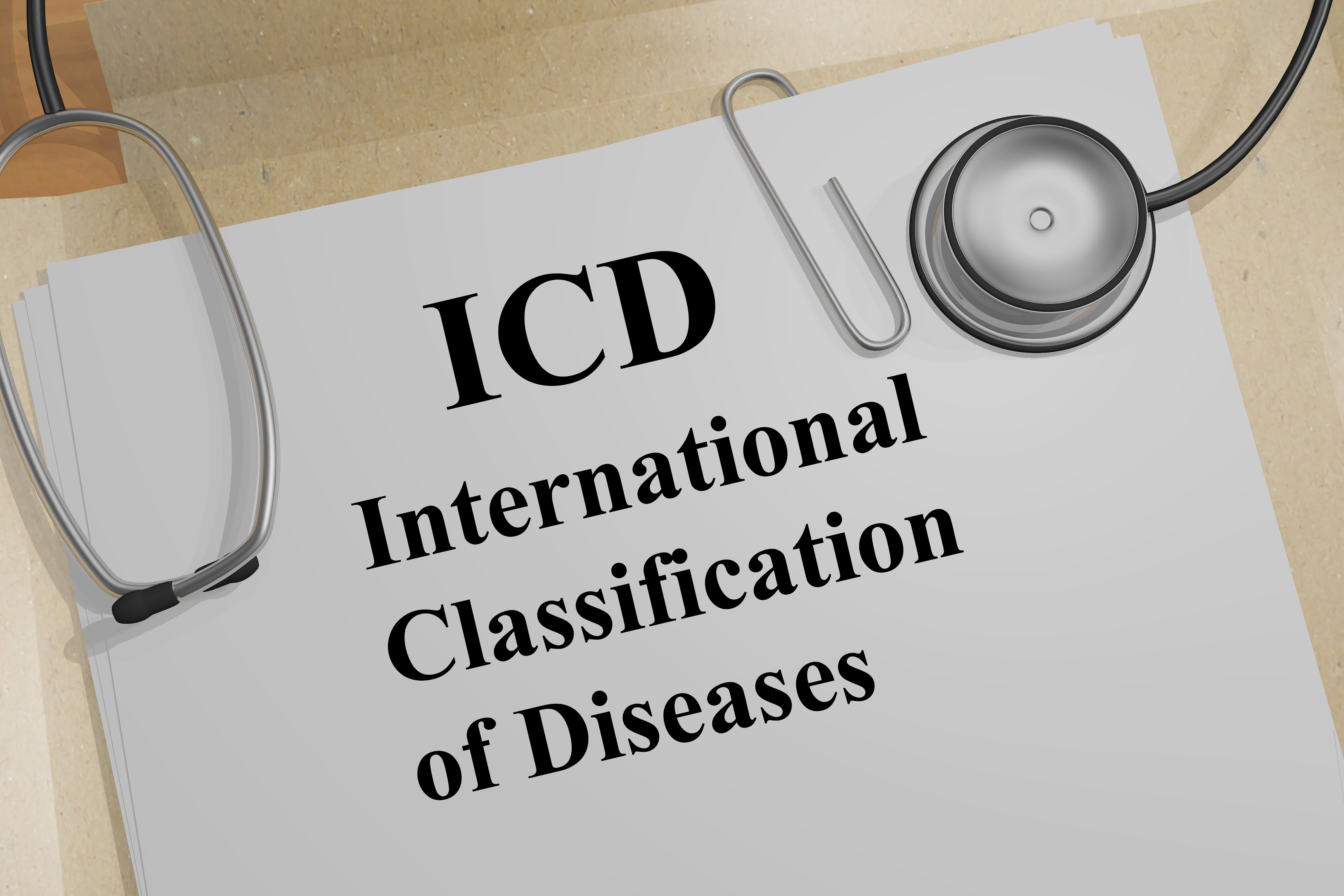
Introduction:
The International Classification of Diseases (ICD) is a globally recognized system that categorizes and codes diseases, conditions, and injuries. Developed by the World Health Organization (WHO), the latest version, ICD-11, represents a significant advancement in healthcare classification. This blog will delve into the implementation of ICD-11 in the United States and discuss the benefits it brings to the healthcare system.
Understanding ICD-11:
ICD-11 is a modernized version of its predecessor, ICD-10, which has been in use since 1994 and was implemented in the US in 2015. The updated edition incorporates substantial changes to better reflect the current state of medical knowledge and technology. With over 55,000 codes, ICD-11 offers a more comprehensive and detailed framework for classifying diseases, disorders, and injuries. It also includes new features such as improved functionality for electronic health records (EHRs) and enhanced interoperability.
Implementation of ICD-11 in the US:
The United States, like many other countries, has been transitioning from ICD-10 to ICD-11. The implementation process involves several steps, including evaluation, testing, training, and eventual adoption. Although the official adoption of ICD-11 by the US is yet to be finalized, various healthcare organizations, researchers, and policymakers have been actively involved in preparing for the transition.
Source Guidance and Collaboration:
The National Center for Health Statistics (NCHS), a division of the Centers for Disease Control and Prevention (CDC), is responsible for overseeing the implementation of ICD-11 in the US. They have been working in collaboration with the WHO and other international partners to ensure a smooth transition. Several sources serve as valuable guidance for the implementation process:
- World Health Organization (WHO): The WHO serves as the primary source for the development and guidelines of ICD-11. Their official website provides comprehensive information, including implementation tools and resources.
- National Center for Health Statistics (NCHS): The NCHS, as the lead agency for ICD-11 implementation in the US, offers valuable insights into the process. Their website provides updates, training materials, and relevant documentation.
- American Hospital Association (AHA): The AHA has been actively involved in supporting the transition to ICD-11. They offer guidance, education, and resources for hospitals and healthcare professionals.
Benefits of ICD-11 Implementation:
The implementation of ICD-11 brings several benefits to the US healthcare system:
- Improved Clinical Descriptions: ICD-11 provides a more detailed and precise classification system, enabling healthcare professionals to accurately document diagnoses and procedures. This enhances patient care, facilitates research, and enables better health outcomes. (NCHS)
- Enhanced Data Quality and Analysis: With its expanded code set and improved structure, ICD-11 enables better data collection and analysis. This leads to improved public health surveillance, epidemiological research, and healthcare planning. (NCHS)
- Interoperability and Integration: ICD-11 incorporates enhanced features for compatibility with EHRs and other health information systems. This promotes seamless data exchange, interoperability, and integration across healthcare settings, improving patient care coordination.
- International Standardization: ICD-11 provides a globally recognized and consistent classification system. This facilitates international collaboration, research, and benchmarking, ensuring uniformity in healthcare data across borders.
Conclusion:
The implementation of ICD-11 in the United States signifies a significant step forward in healthcare classification. With its comprehensive and detailed framework, ICD-11 offers numerous benefits to the US healthcare system, including improved clinical descriptions, enhanced data quality, and better interoperability. While the transition process may take time and effort, collaboration between organizations such as the NCH.
Is your organization ready or preparing for this transition? Find out how we can help by contacting us at info@hccscoding.com
#ICD11 #HealthcareClassification #AdvancementsInHealthcare #ICDImplementation #ImprovedClinicalDescriptions #EnhancedDataAnalysis #Interoperability #InternationalStandardization #USHealthcareSystem #HealthcareTransition #HCCSCoding



